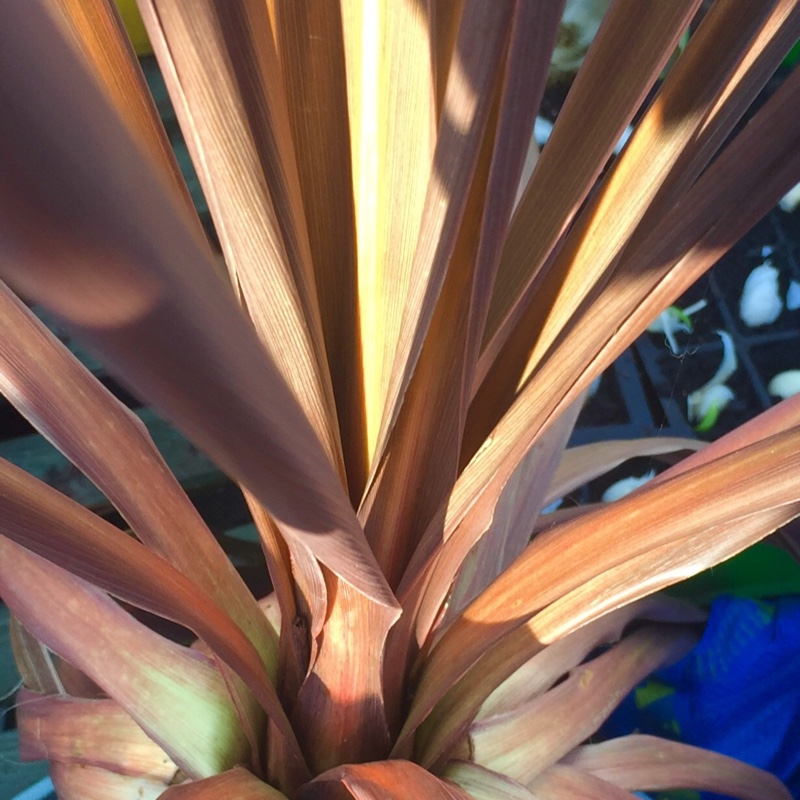
Cordyline australis 'Black Night'
Cabbage Palm 'Black Night'
An attractive palm type shrub or small tree with arching leaves, long and sword shaped. Cordylines can produce clusters of scented flowers in the summer. There are lots of varieties, some of which can grow to 8 meters tall. Pull off dead leaves as soon as they die to keep the plant looking good and to prevent disease. 'Black Night' has near-black dark red leaves.
Contributed by @Naomi126
-
Full sun to partial shade
-
Very little water
-
Frost Hardy: 23F (-5°C)
-
Free draining
Common name
Cabbage Palm 'Black Night'
Latin name
Cordyline australis 'Black Night'
type
Evergreens
family
Asparagaceae
ph
5.0 - 8.5 Acid - Neutral
Plant & bloom calendar
-
Best time to plant
-
When the plant will bloom
full grown dimensions
 1.00 M
2.00 M
1.00 M
2.00 M
Cordyline australis 'Black Night'
An attractive palm type shrub or small tree with arching leaves, long and sword shaped. Cordylines can produce clusters of scented flowers in the summer. There are lots of varieties, some of which can grow to 8 meters tall. Pull off dead leaves as soon as they die to keep the plant looking good and to prevent disease. 'Black Night' has near-black dark red leaves.
Planting Outdoors
From Early Spring TO Late Spring
In Spring dig a deep hole, in a sheltered sunny/partial shady site, add compost and plant container grown plants.
Propagation by root cuttings
From Mid Spring TO Late Spring
This plant will produces suckers - small plants - and they can be removed and put into pots till big enough to plant out.
Flowering Season
From Early Summer TO Late Summer
Clusters of small fragrant white flowers will appear throughout the summer. These flowers are very attractive to bees and butterflies. Dead flowers can be safely removed once they no longer look attractive.










